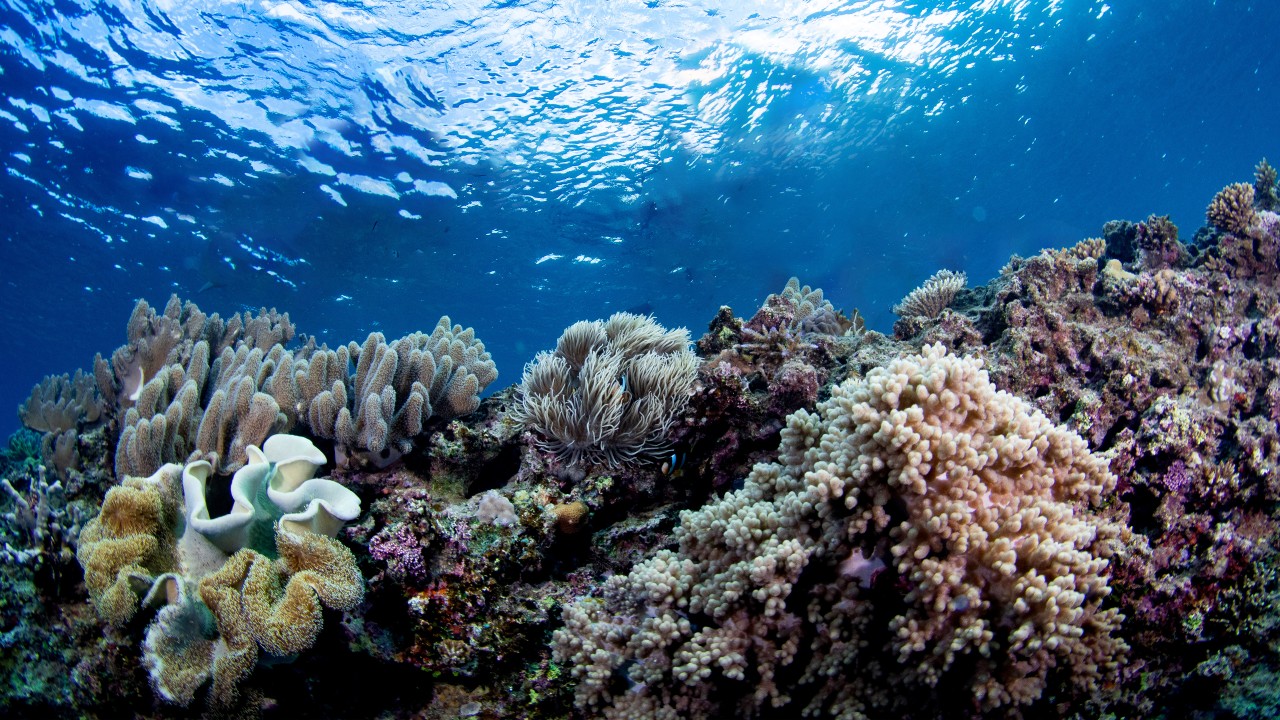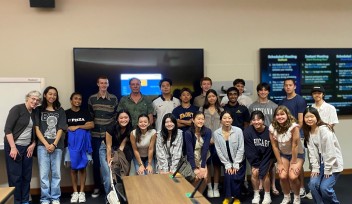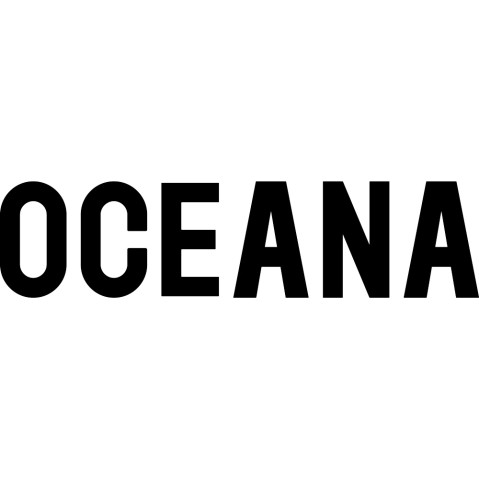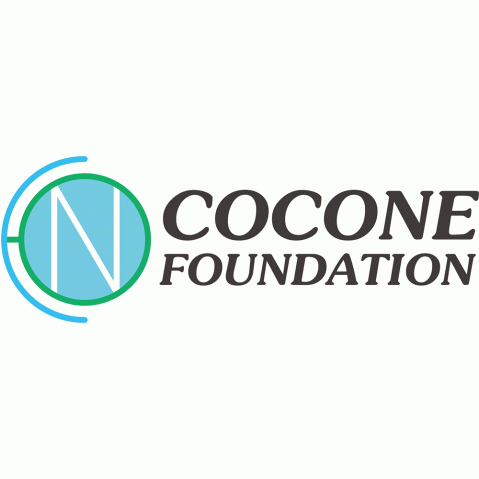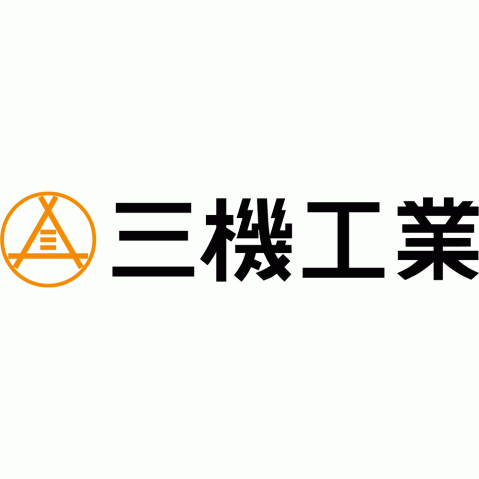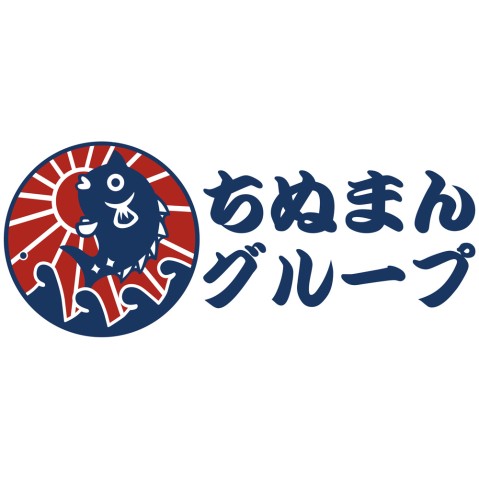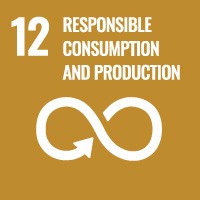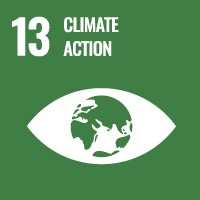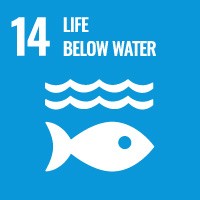OIST Coral Project
News
Know Coral and Protect Coral Reefs
Using Genome Information to Protect Coral
Coral reefs, along with tropical rainforests, house much of our planet’s biodiversity. About 30% of marine species spend some part of their lives around coral reefs. In 2011, we were the first in the world to decode the genomes of corals. A genome is the complete set of genetic information in an organism and is essential to understanding the living organism. In 2013, we did the same for zooxanthellae, which photosynthesize and live in symbiosis with corals.
The OIST Coral Project aims to conserve and restore healthy coral reefs by using genome information. We use this information in planting and nurturing corals.
There are already several organizations in the world, including some in Okinawa, that are cultivating and planting coral, but this project is the first of its kind to use scientific knowledge of genome information for the sustainable conservation of coral reefs.
We have also recently developed a method to identify coral species by detecting environmental DNA, or eDNA, in seawater. These new methods help us better understand which coral species inhabit different locations, and which reefs are healthy. We will also investigate the contribution of newly planted corals to biodiversity through genomic science.
To achieve our goal of conserving and restoring healthy coral reefs by using genome information, we are soliciting donations from individuals and companies who support this project. Our efforts to conserve coral reefs and protect biodiversity will have an impact on the health of our oceans and society. Thank you for your warm support.
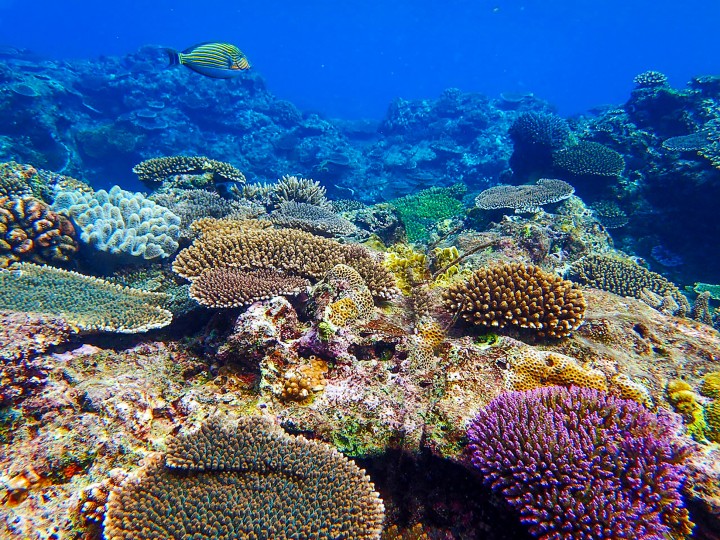
Coral reefs in danger of extinction
The oceans of Okinawa are home to approximately 400 species of reef-building corals. These "sea forests," nurture rich biodiversity and provide many blessings to humans. As natural breakwaters, they protect us from disasters.
However, many coral species are in danger of extinction due to the effects of human activities and climate change. This is a major global challenge, and it is worsening on an unprecedented scale and at an unprecedented rate. If we don’t take any action, the number of fish living on coral reefs will drastically decrease and our beautiful white beaches will disappear. The zooxanthellae, which live in symbiosis with corals and use CO₂ for photosynthesis, will also decrease.
There are various factors and scales of occurrence, but human activities have a significant impact on all of them. We want to know more about coral and protect the ocean’s beautiful coral reefs. This is how the OIST Coral Project began.
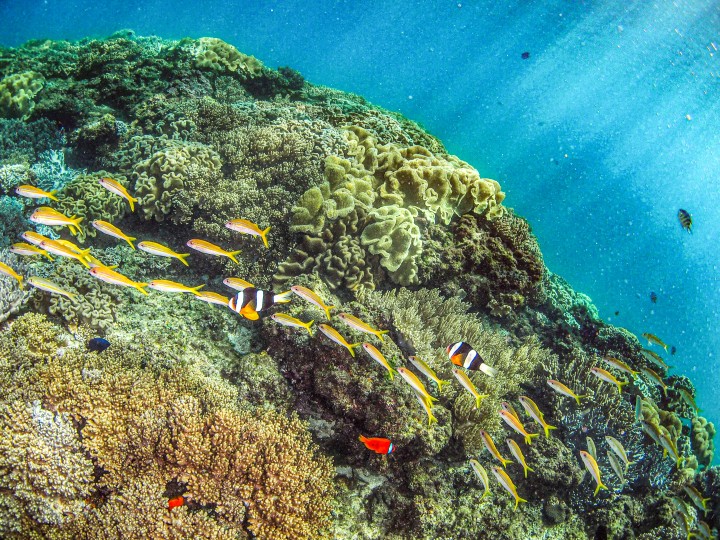
The blessings of coral
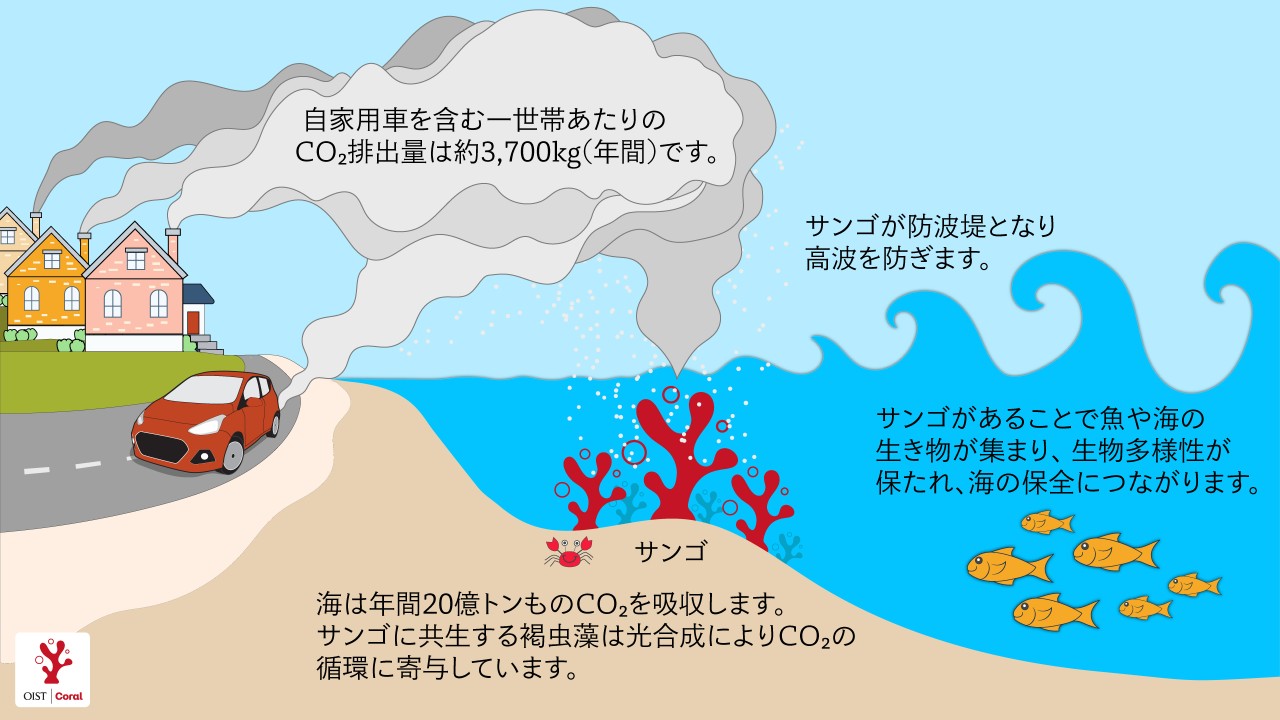
Message
Let's protect coral reefs together!
I belong to OIST Marine Genomics Unit, which has been studying corals for more than 10 years and was the first in the world to successfully decode the genome sequences of corals, coral-coexisting zooxanthellae, and the coral-eating starfish. For me, the continuing death of coral is a critical issue that cannot be left unaddressed. I want to make the most of my knowledge from my lifelong research and contribute to preserve coral and the ocean, even if only in a small way.
To make this project a success, we need the support of many individuals and companies.
Why don’t we work together to protect coral reefs, the waters around Okinawa, and the world's oceans? Your contribution can change the oceans in the future.
Noriyuki Satoh
I am studying the acclimatization and adaptation of coral reefs to rapid environmental change such as climate change and other anthropogenic disturbances.
Coral reefs are largest biologically formed structures in world and even if they cover only 0.71% of our planet, they provide food for 1.9 billion people and generate a $3 trillion economy!
Through OIST Coral Project, I investigate how coral reefs restoration contribute to increase tropical fish biodiversity.
It is imperative to protect and restore the coral reefs on planet Earth.
Let's change the world together!
Timothy Ravasi
Professor Noriyuki Satoh
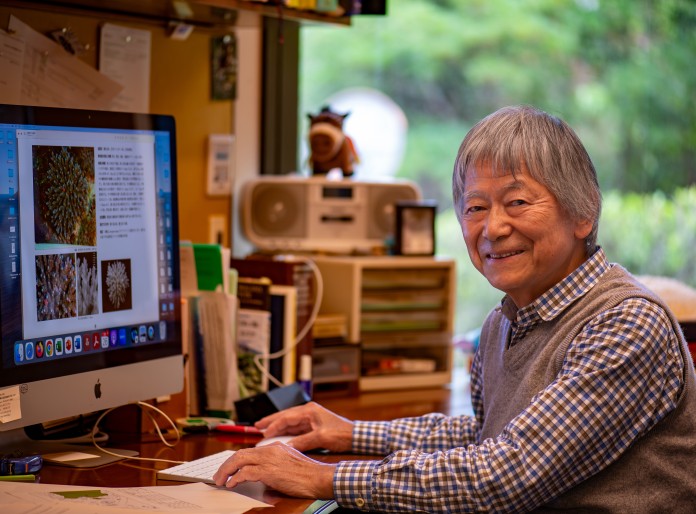
Professor, Marine Genomics Unit, Okinawa Institute of Science and Technology
Biography
After retiring from Kyoto University as a professor, he established the Marine Genomics Unit at the Okinawa Institute of Science and Technology Promotion Corporation, the predecessor of OIST, in 2008.
He has held his current position since 2011.
Awards
2018 The Order of the Sacred Treasure, Gold Rays with Neck Ribbon
2010 Edwin Grant Conklin Medal by the American Society for Developmental Biology
2006 Medal with Purple Ribbon
2005 Alexander Kowalewski Medal
2004 Toray Science and Technology Prize
2004 Prize of Evolutionary Society of Japan
1994 Inoue Prize for Science
1993 Prize of Zoological Society of Japan
Professor Timothy Ravasi
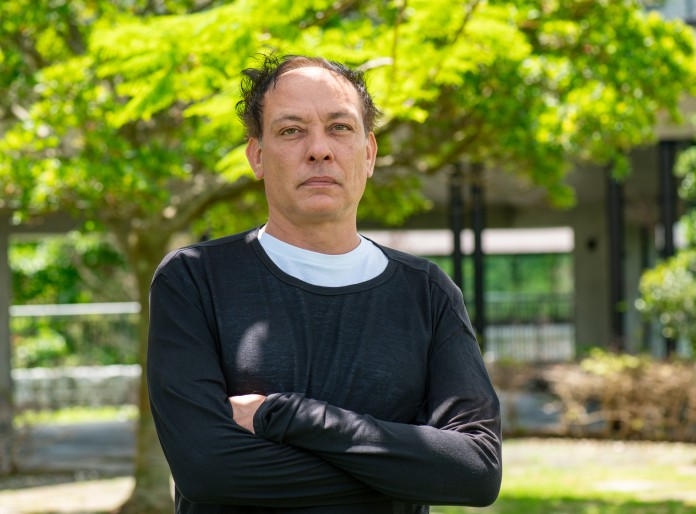
Professor, Marine Climate Change Unit, Okinawa Institute of Science and Technology
Biography
Timothy Ravasi is a Professor of Marine Science, the Principal Investigator of the Marine Climate Change Unit at OIST and an Adjunct Professor at the Australian Research Council Centre of Excellence for Coral Reef Studies, James Cook University in Australia. Tim’s research interest lies on the current status of coral reef ecosystems. He is particularly interested in looking at ecologically relevant issues in the light of rapid environmental change, such as climate change. Using integrative approaches, he seeks to understand how coral reef fish respond to rapid environmental changes such as climate change, heatwaves, overfishing and urbanization.
Supporting Companies
Special Partners
The following are special partners working with OIST to promote this project.
Partners
The following are partner companies who support this project.
(We are currently looking for partner companies)
Inquiries and Requests for Donations
This project is funded by donations from individuals and companies.
Individuals
With an annual donation of 10,000 yen, individuals can contribute to the conservation of coral and the ocean as a "Coral Member". All levels of donations are accepted. If you wish to support this project, please click here to select "Coral Project" as the use of your donation.
Companies
By publicizing the results of our research that you support, you clearly demonstrate your social contribution to the maintenance of biodiversity and the conservation of coral reefs. If your company is interested in supporting us as a partner, please contact us by telephone or e-mail below.
TEL: 098-966-8976
Email: donation@oist.jp






